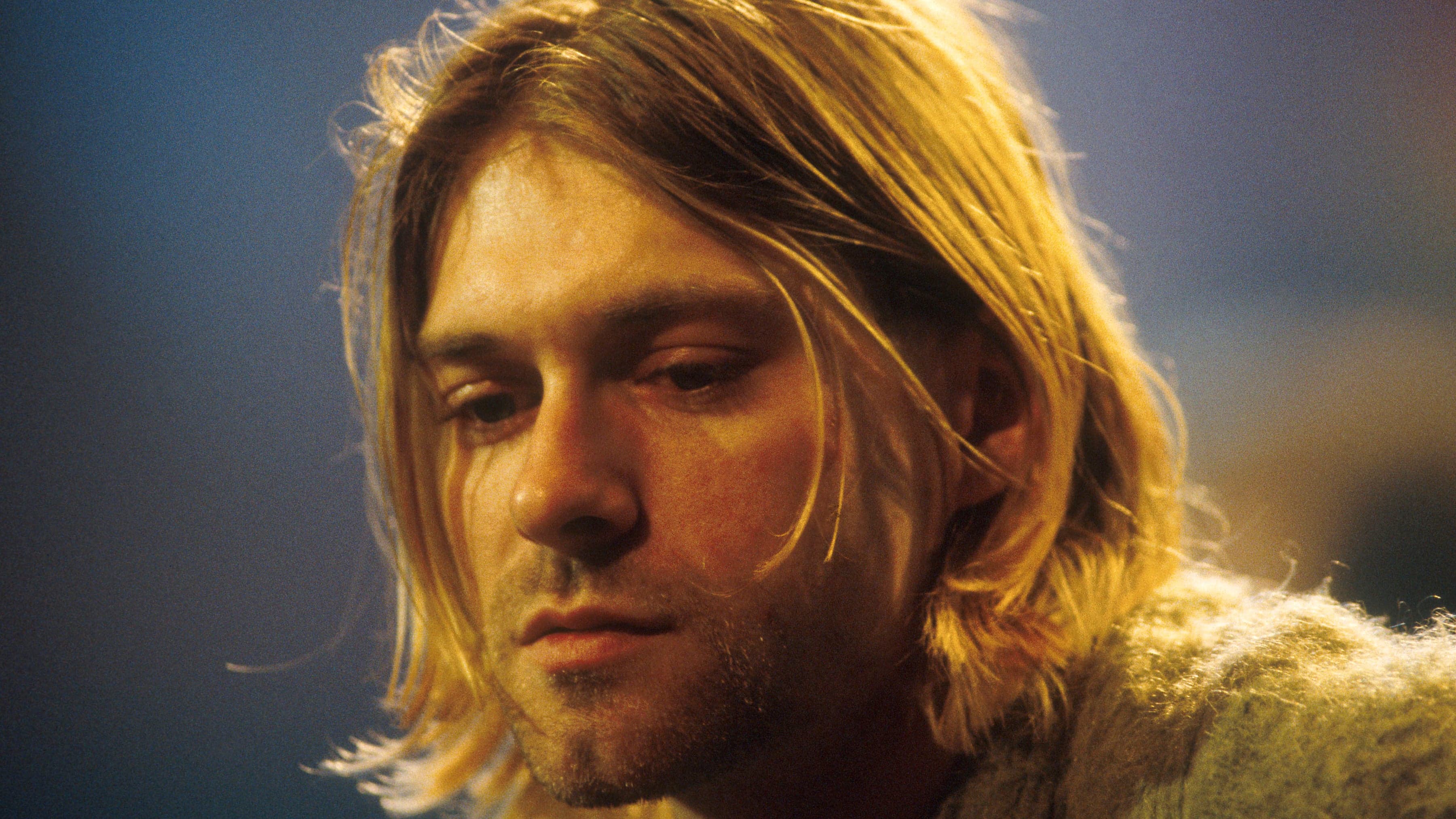Modern rock icon Kurt Cobain dies by suicide on April 5, 1994. His body was discovered inside his home in Seattle, Washington, three days later by Gary Smith, an electrician, who was installing a security system in the house. Despite indications that Cobain, the lead singer of Nirvana, killed himself, some skeptics questioned the circumstances of his death and pinned responsibility on his wife, Courtney Love.
Cobain’s downward spiral began taking shape in Italy the previous month. He went into a coma and nearly died after mixing champagne and the drug Rohypnol. The public was led to believe that the coma was induced by an accidental heroin overdose, since Cobain had a well-known problem with the drug.
Back at home in Seattle's Denny-Blaine neighborhood, the police were called to Cobain and Love’s home when he again threatened to kill himself. Although Cobain stated in a 1991 interview that he didn’t believe in guns, the officers confiscated four from his possession. As his wife and friends watched him spin out of control, they attempted to intervene. Cobain mostly ignored their concerns but reluctantly checked into a rehabilitation clinic in Los Angeles at the end of March.
On March 30, Cobain walked away from the clinic without informing his family or friends. For the next few days, Love could not locate him and decided to hire a private detective on April 3. The detective made contact with Cobain the following day in Seattle, but Cobain refused to return to Los Angeles.
In the meantime, Cobain had convinced a friend to buy him a gun, claiming he needed it for protection. On April 5, Cobain returned home. He had ingested enough Valium and heroin to reach near-fatal levels. In the apartment above the garage was Cobain’s suicide note, quoting Neil Young’s lyric that it is “better to burn out than to fade away.”
Read more: Music Legends Who Lived Fast and Died at 27

